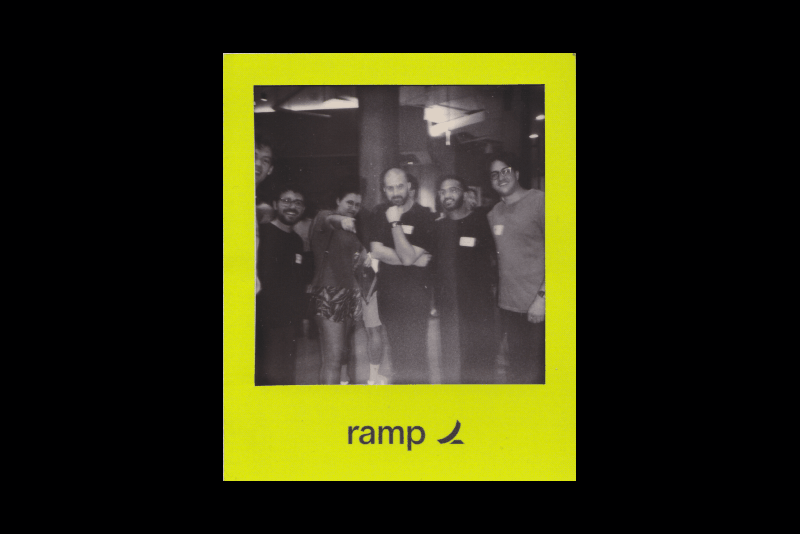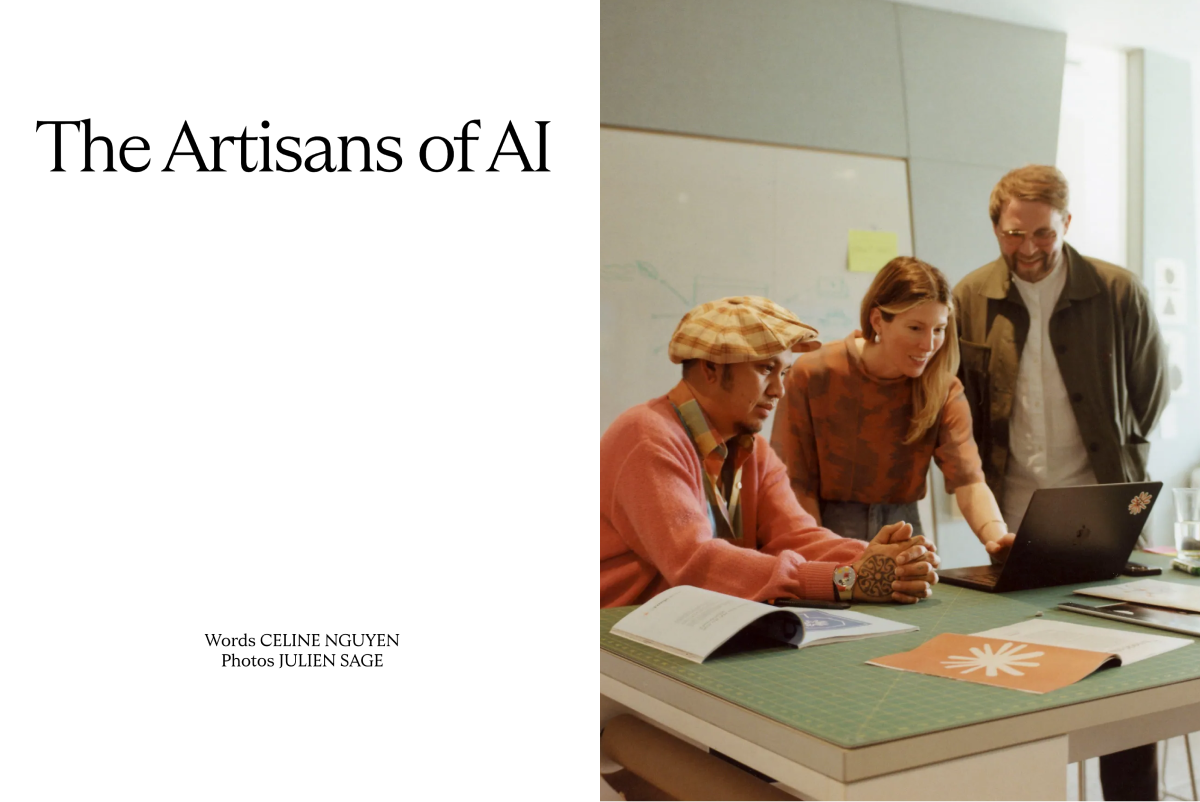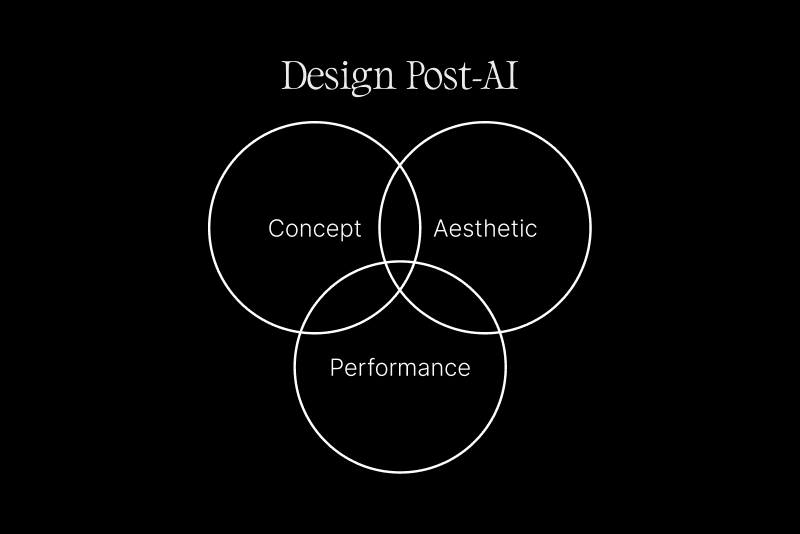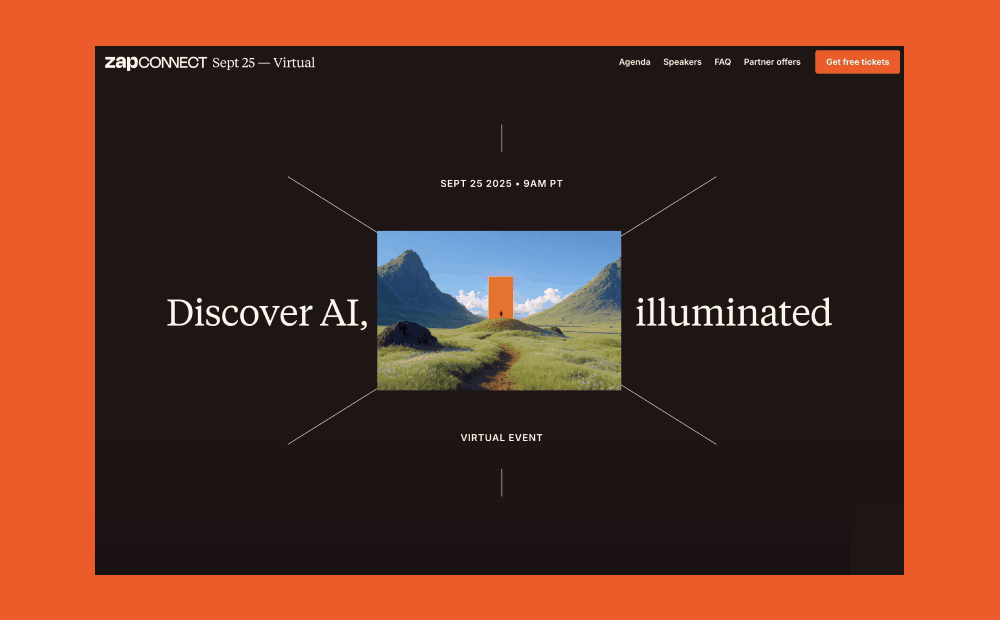Windsurf and Design after automation
Grafik Paragraph #51: Windsurf’s rebrand, Magic Patterns at Ramp, Claude’s handmade software, COLLINS on performance-driven design, and Zapier’s ZapConnect
Hey, what's up.
Talent wars continue.
$14 Billion for Alexandr Wang.
$100 million for a single AI scientist.
Google guts Windsurf’s key talent for $2.4B.
And a few months ago, the most expensive design team ever? Jony Ive x OpenAI: $6.5B
- Mon
.
.
State of the Craft: Workers with AI skills now command a staggering 56% wage premium—more than double last year’s 25% baseline
Rebrand in the Wreckage
Windsurf is riding waves, just not all of them smooth.
A top AI coding tool, Windsurf’s $3.5B OpenAI deal collapsed, then Google poached the CEO and key talent, leaving the 250-person team in limbo.
Drama aside: their new rebrand absolutely rips. One of the strongest for a Saas product I’ve seen in a while.
Led by MetaLab, the identity positions Windsurf as “athletic gear for devs”.
I considered reaching out for an interview… But given the current chaos, the odds were near zero.
You talk, it designs
200+ senior designers. 1 Ramp office. 1 magician.
Sorcerer Steve Witmer took the stage at this Designer Friends event in NYC and proceeded to summon design mocks out of thin air.
He walked us through his workflow using Magic Patterns—a prototyping tool that creates fully coded, production-ready UI designs.
Steve didn’t just click around a few times, he spoke, recording his voice through the ChatGPT app, which then transferred to Magic Patterns.
Mixing voice prompts and some clicking, he generated fully fleshed-out designs live, from scratch.
It felt less like designing, more like conducting, orchestrating, interactive art directing.
No Figma. No Adobe. Just voice prompts and some clicking.
The Art of Claude
At Figma Conf this year, I spotted someone.
He was MUCH taller than I expected irl, 6’5”, easy.
I’d never met him, but I was a big fan. He’d posted on Twitter the week prior that he’d be at the conference and welcomed people saying hi.
So I walked over, made sure I wasn’t interrupting anything, and introduced myself.
Kyle Turman is one of the designers behind Claude, the frontier AI model and assistant from Anthropic.
Kyle and the team have designed Claude to feel less like a machine and more like a collaborator.
Warm, human, and intentionally handmade. The piece below unpacks how they pulled that off.
Form follows perform
So much content out there (including mine) just recycles headlines. Same ideas, slightly reworded, with a light editorial tilt for an audience.
But there’s a few people who actually move the conversation forward.
I consider Scott Galloway one of those people.
Carly Ayres as well.
Elizabeth Goodspeed.
And now I’m adding Leland Maschmeyer from COLLINS to my list.
His talk features some genuinely new ways of thinking about design systems. Fresh, strategic, and original.
“Form follows perform.”
“Performance components.”
“Augments.”
Web Watch
.
ZapConnect 2025
ZapConnect is Zapier’s annual flagship event—designed to showcase the future of automation, AI, and modern workflows.
.
.
Inside Access Below
💬 Extended interviews with bonus insights
📁 Templates, tools, and resources
🧠 Behind-the-scenes at Toil
⚙️ Personal workflows and systems
Keep reading with a 7-day free trial
Subscribe to Grafik Paragraph to keep reading this post and get 7 days of free access to the full post archives.







